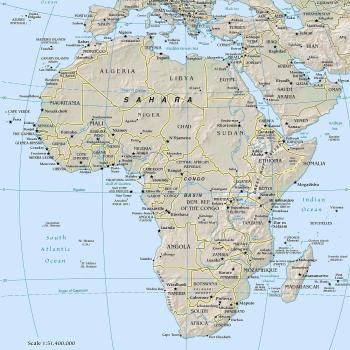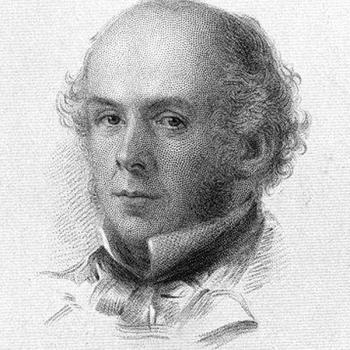The race for Academy Awards has produced a story that, surprisingly, is highly relevant to understanding Christian growth around the world. The linkage might not seem obvious at first sight, but it is there.
Genevieve Nnaji is the director of the film Lionheart, which unfortunately I have not seen. (I am a great fan of Nigerian films, and other contemporary African cinema). The film was nominated for an Academy Award under the category best international feature film, and in that title lies a problem. The category used to be best foreign language film, and as such, it must be “a predominantly non-English dialogue track.” Lionheart is mainly in English, with only a small portion in the language of Igbo, around ten minutes out of ninety. Therefore, it is disqualified.
So here is the problem. It very clearly is an international film, coming in fact from one of Africa’s largest and most rapidly growing nations. Its use of English is not accidental. As the director pointed out, the country has some five hundred languages, and of course (as In India, and many other nations) people talk English to cross those internal boundaries. English is as authentically African or Asian as it is European. If the Academy does not see that, then it is excluding a very large portion of the world from that international category.
But setting aside the film issue, let me turn to some religious implications. Back in the 1960s, when Christianity was rising in Africa and Asia, Western observers imagined that it would be expressed chiefly in local languages. Liturgical churches prepared services in those languages, and with appropriate adaptations of local custom and belief. It was all part of inculturation.
I insert here a story about how Pope Francis began Advent, with a Congolese Mass:
The Congolese (originally Zairean) rite was started by the Congolese bishops in 1969 after the Second Vatican Council, and is an adaptation of the Roman rite. It was approved by the Congregation for Divine Worship in 1988, and uses dance, oral stylistic traditions, songs with traditional instruments and invocation of the saints and ancestors of upright hearts.
Much of that was relevant and useful, but what those observers missed was just how critical the colonial languages would be, especially in societies with multiple local tongues. That meant English, but also French and Portuguese in their former empires. This is particularly apparent in the vast culture of revivals and miracle crusades, which use those old colonial languages as a means of crossing local ethnic and tribal boundaries. Why use multiple simultaneous translators when you can just use English? That also has the effect of making English (or the other European tongues) seem like the normal means of communication in faith. Nigeria is a prime example of that process.
By the way, Nigeria has been an independent state since 1960, and the median age of its population is around 18 – that is, people born in this century. Only the really old have the slightest recollection of the British Empire, or of English as the language of imperial administration. For most Nigerians, English is an African language, and always has been.
Now, obviously that did not mean that everyone suddenly went out to learn English or French in perfect grammatical form, they didn’t. They used what was appropriate and useful for them in those languages, and mixed and matched a huge amount with local words and expressions. (Here is a nice feature on Nigerian English).
Whenever you read, for instance, that X hundreds of millions of Indians speak English, you really should ask whether a regular British or American person could communicate with them too easily. I wonder if any language in history has ever evolved as fast, and as diversely, as has English since the 1970s or so?
I am often amused to watch an African or Caribbean film in which people are speaking English with a local accent, but it has presumably become so difficult for regular American listeners that the words are accompanied by subtitles!
And just going back to Lionheart: if the Academy actually meant “foreign language,” why did they call it “international”?















